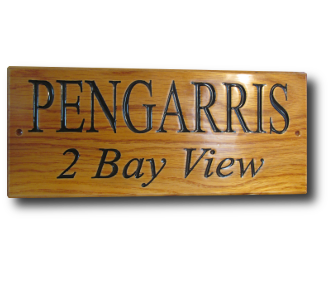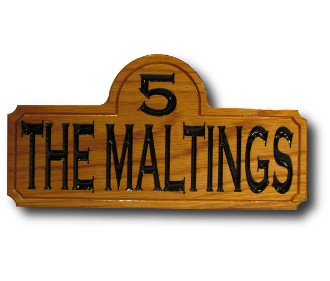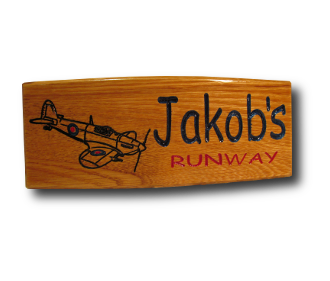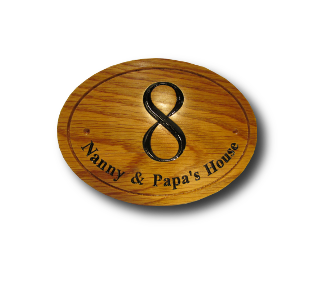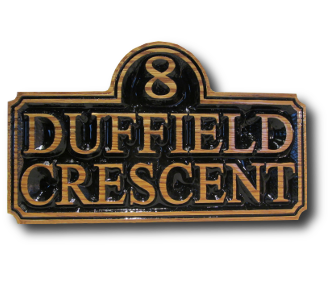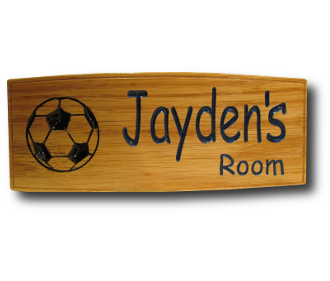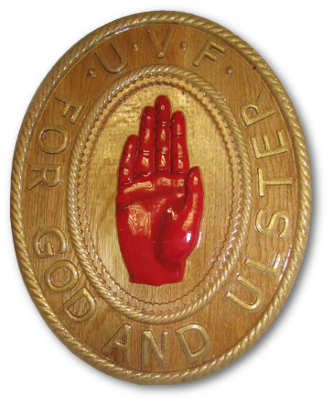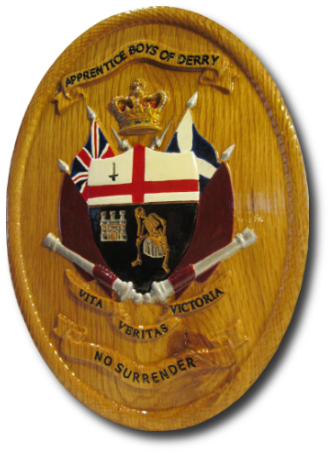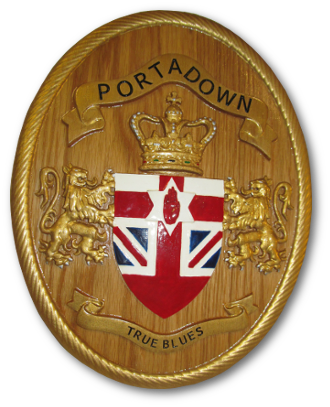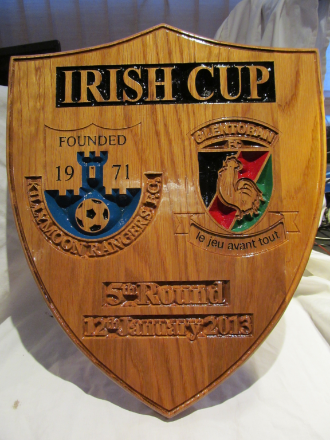- Home
- Products
- Ebay and Amazon Storefronts are now open for business.
- New laser engraver has been installed. It is being put through its paces in test mode at the moment and as soon as it practicial new desgn templates will be available
- Etsy and Folksey Storefronts are now open for business.
- A family run business with good customer support and quick turnaround times for bespoke items.
SignaRoo Custom OAK Wood Sign/ Plaque Main Page Welcome!
Thank you for taking the time to have a look at our website.
Our individually made house signs and wooden name plates are made from the finest oak. This is a timber known for its beauty and durability. A piece of oak can last for hundreds of years and with a little care our signs will certainly last a lifetime.
The letters are not just painted or stuck on, but are carved into the wood. We are very flexible with lettering styles and are able to do most fonts. We can paint the carved letters in most main colours although black still remains the firm favourite.
Browse our products that we have already produced to give you inspiration for your own personalised sign.
If you get an idea use the 'Contact' page to send it and we will get an image and price of your finished item back to you for approval. Remember this service is free.
Please check back regularly as new items are being added every week.
Recent News

March 17
Created a basic facebook page for backlinks and promo.March 23
We have been commissioned to make a plaque which will auctioned at a social event held by the Ancre Somme Society in Lurgan British Legion.
March 24
The plaque auction was a huge sucess with just over £120 being donated to the Society.July 12
Opened storefront on Amazon.co.uk. It was hard work but worth it.August 12
Added more products to Amazon to allow more size optionsAugust 31
Starting using Google Adwords to promote website reachSeptember 17
Started using hootsuite to keep Google+ Twitter and Facebook up to dateSeptember 19
Put a page feed (blog) from my facebook siteTestimonials
My son and daughter in law have their new house plaque and I thought you would like to hear their comments, " it's absolutely beautiful, a work of art and matches the house so well ". So much that they asked if they could have one made to give as a present to their new neighbours. Is it possible for you to make another one identical, but for 3 THE MALTINGS
David - David820 (ebay)Just to let you know the 3 stable plaque horse names you did for me were opened in her present yesterday and her face lit up. She has been stroking them ever since. Well done I will make sure horse lovers get your email address
Si - hyenaman (ebay)Hi mate both arrived the other day, absolutely fantastic quality, you are very talented indeed. Thanks for the spare one I have it on my office wall in work.
Stuart - stuart-boyd777 (ebay)Just a note to say a big thank you for my house sign, I'm thrilled to bits with it! I have left a good review for you. Thank you again. Kind regards Linda
Linda - linda (amazon)Your sign arrived today - it is excellent !! How do you manage to produce such a splendid item at such an affordable price !! l will pass on your details to anyone who admires it !! PH
Philip - Philip harrisonphiljh (amazon)Hi there Reuben - another quick email just to let you know my sign was delivered today :) absolutely spot on. I would just like to take this opportunity to thank you for all your help and communications with regard to this purchase. I shall definately be leaving positive feedback for you and your products. Thank you very much Jill
Jill- Jill Barker (amazon)Purchase Products at:-
Updates
About Us
- Process
- Contact
- Cart
